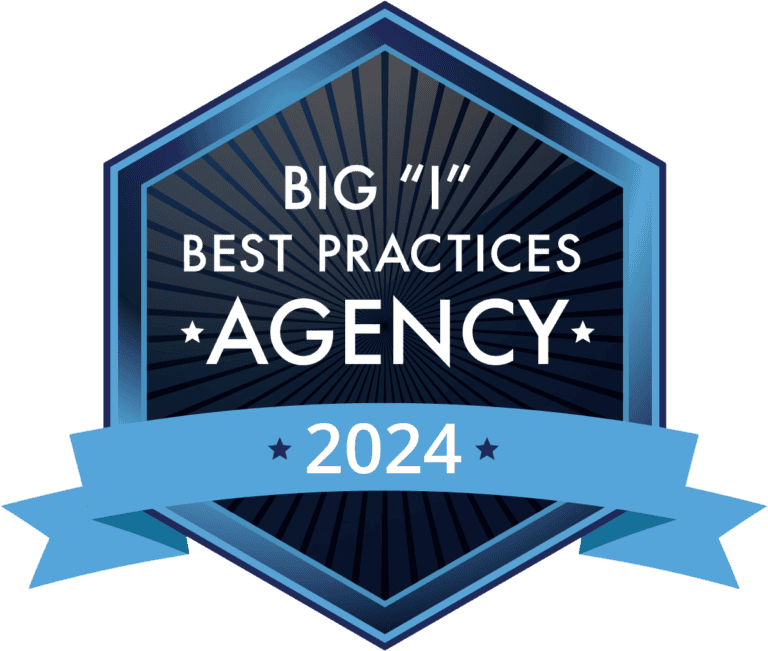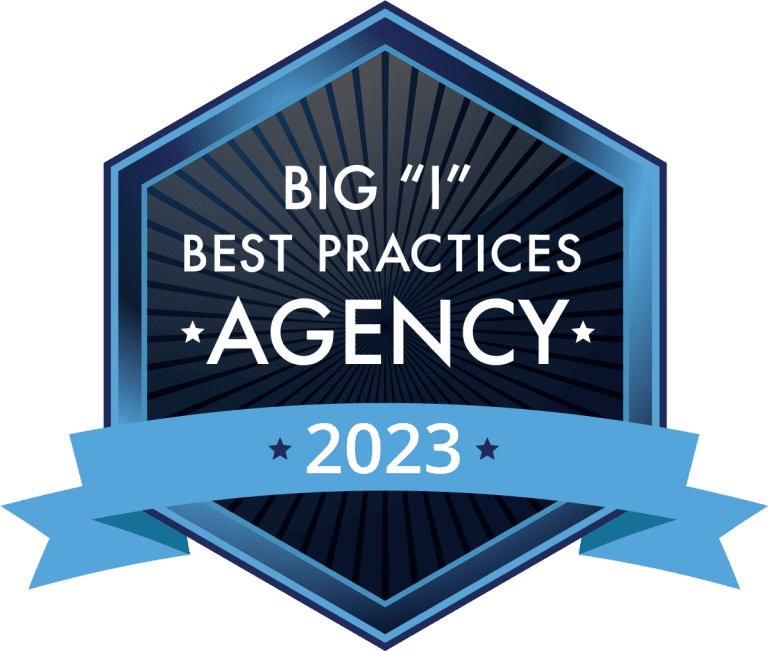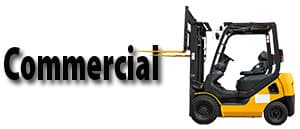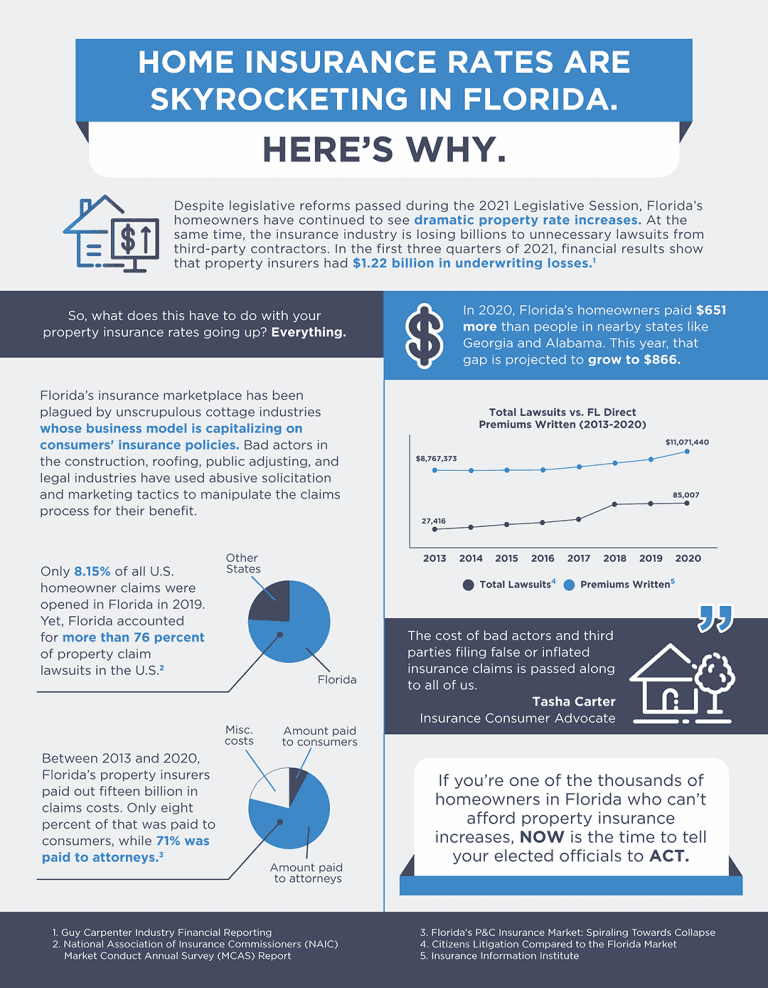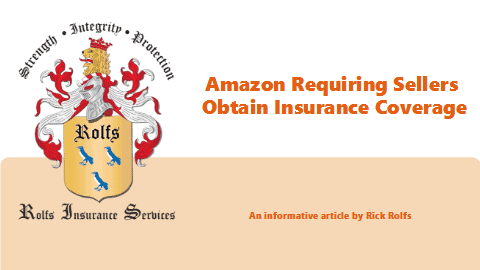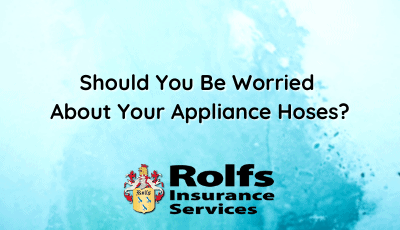Protecting Your Business with BOE Insurance: A Lifeline for Small Business Owners
As an independent insurance agent, I often see business owners focus on essential coverage like Buy/Sell agreements, Key Man insurance, and Owner Disability Income coverage. However, there’s another critical aspect that sometimes gets overlooked: protecting the business itself from the impact of an owner’s disability. This is where Business Overhead Expense (BOE) insurance comes into…



